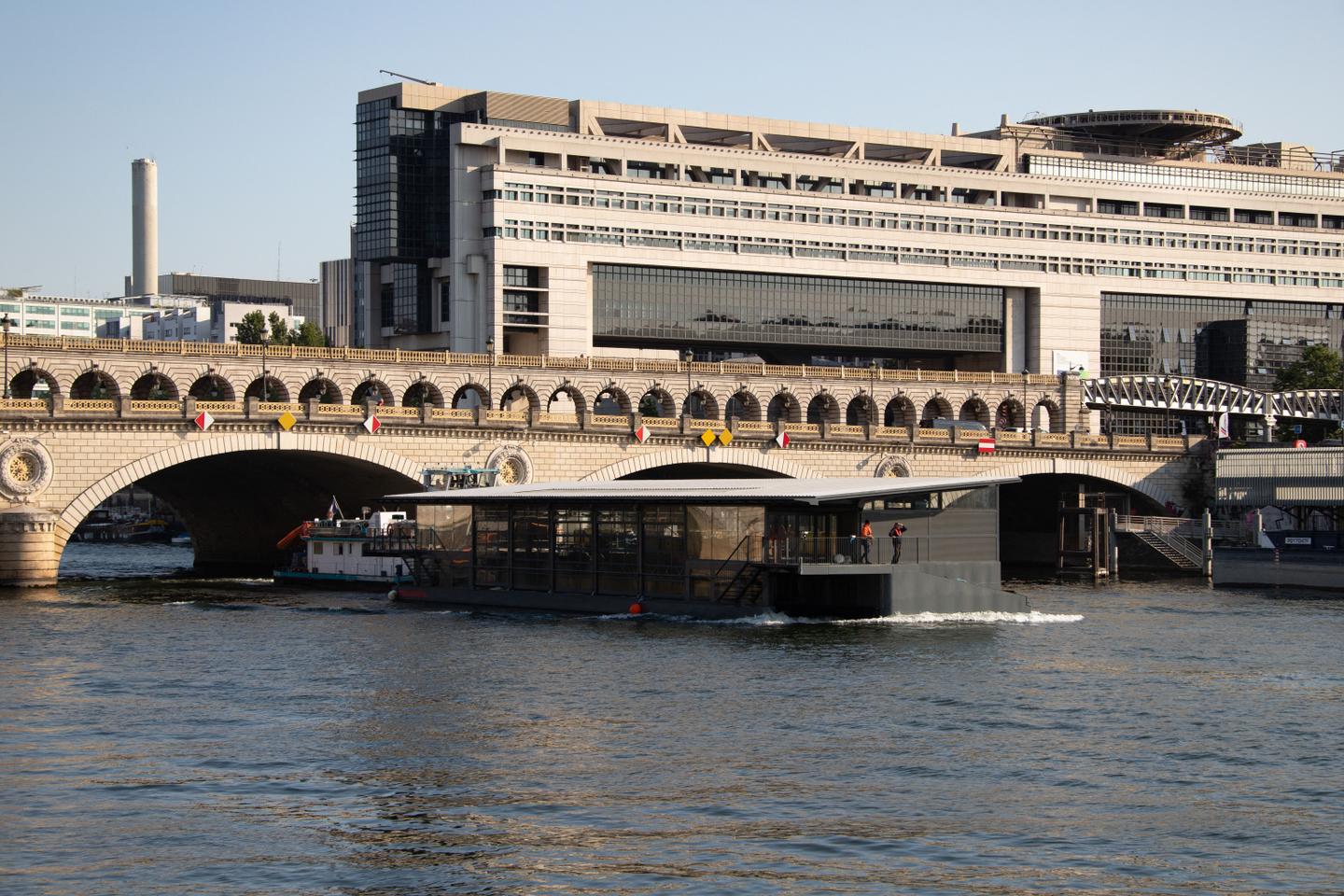


Since Emmanuel Macron announced the dissolution of the Assemblée Nationale on June 9, France seems to have entered a parallel world. Prior to this political thunderbolt, the debate focused primarily on the scale of savings necessary for the 2025 budget, which is anticipated to be quite challenging. However, the prospect of parliamentary elections and a potential change in the majority has unleashed unrestricted spending by parties across the political spectrum. Both opposition parties and Macron's coalition have suddenly increased spending, as if the president's gamble had erased the country's financial commitments.
The quick organization of these parliamentary elections has brought to light certain policy platforms that are having difficulty taking shape. As a result, the country suddenly seems to have unexpected room to solve the problems of the French. The discrepancy between the promises made by one party or another and the reality of public finances is striking. France has a budget deficit of 5.5% of GDP. To cover this deficit, the country will have to borrow nearly €300 billion from the financial markets in 2024. France's total debt stands at €3.2 trillion, with an interest burden exceeding €52 billion. Despite these unprecedented figures, various unfunded spending programs in the hundreds of billions of euros are presented.
The European Commission on Wednesday, June 19, announced its intention to open an excessive deficit procedure against France for breaking European Union budget rules. The country is joined by six others in this budgetary purgatory, but the current pre-election effervescence risks aggravating an already problematic situation.
The far right is struggling with its previously comfortable positions that it had taken when power seemed a distant possibility. Even though its program is frequently adjusted to accommodate the changing opinion of its leaders, the RN's plan remains incompatible with the European framework, in both regulatory and budgetary terms. The recently established left-wing Nouveau Front Populaire coalition's political project has nothing in common with that of the far right. However, the Keynesian revival it envisages raises questions regarding its cost, which can vary depending on the different components of the alliance and the assumptions of the common program retained.
'Always more'
For the governing coalition, which has been insisting for months that the "whatever it takes" approach is over and that now is the time to save money, this election still provides them with an opportunity to propose new spending. The government's credibility in this area had itself been undermined in recent months, notably by its misjudgment of the slowdown in growth, which led it to overestimate tax revenues by €21 billion in 2023, derailing the trajectory with a much higher-than-expected deficit.
This kind of one-upmanship is not a sign of a healthy democracy. It gives voters the impression of being taken for granted. It also creates a disastrous image of the country within the European Union. One cannot claim to be attached to Europe while presenting programs that flout its rules. This excessive spending reveals an inability to think of political action as anything other than "always more," which has clearly not led to increased prosperity for the country or greater happiness for the French people. This approach to governing France can only result in frustration and resentment.
